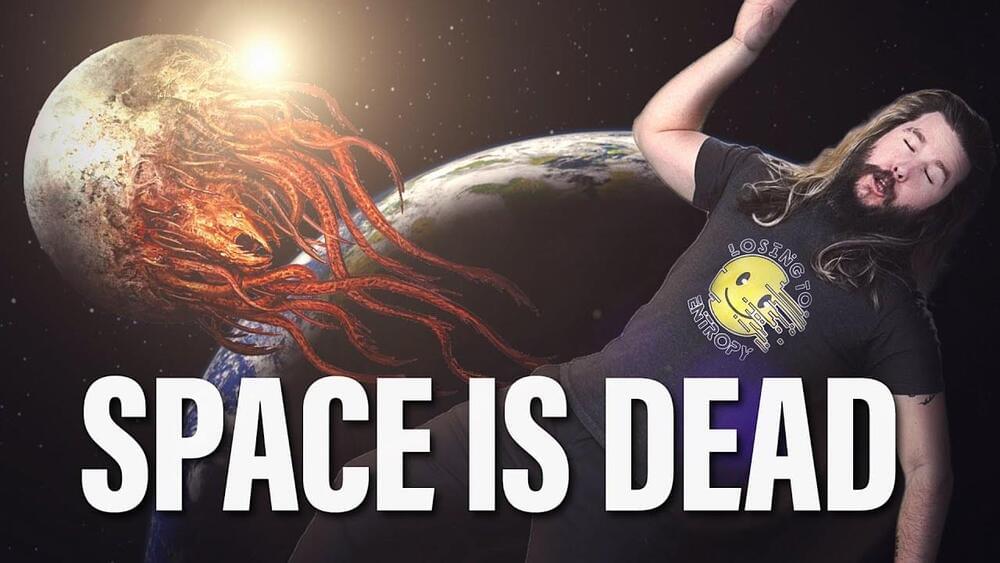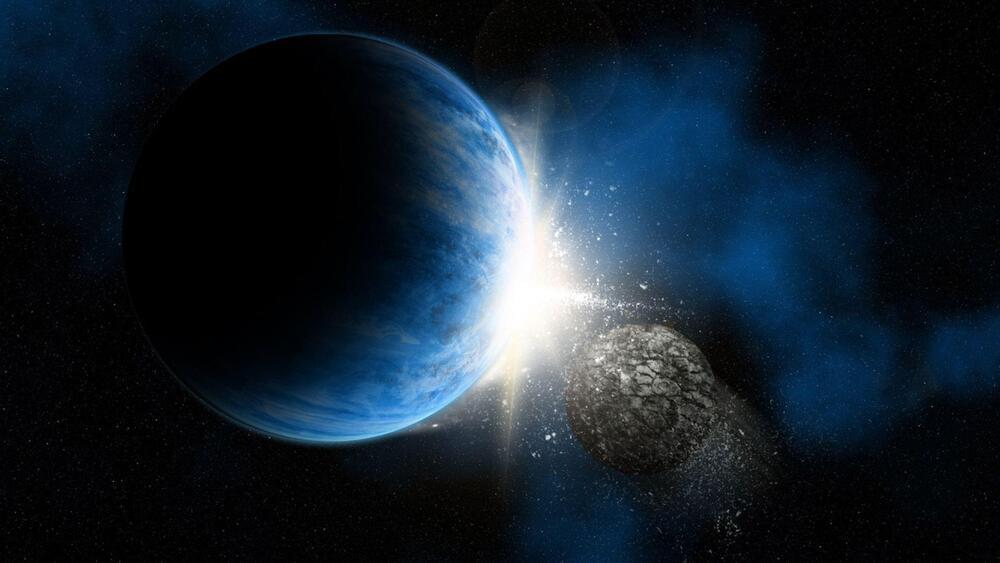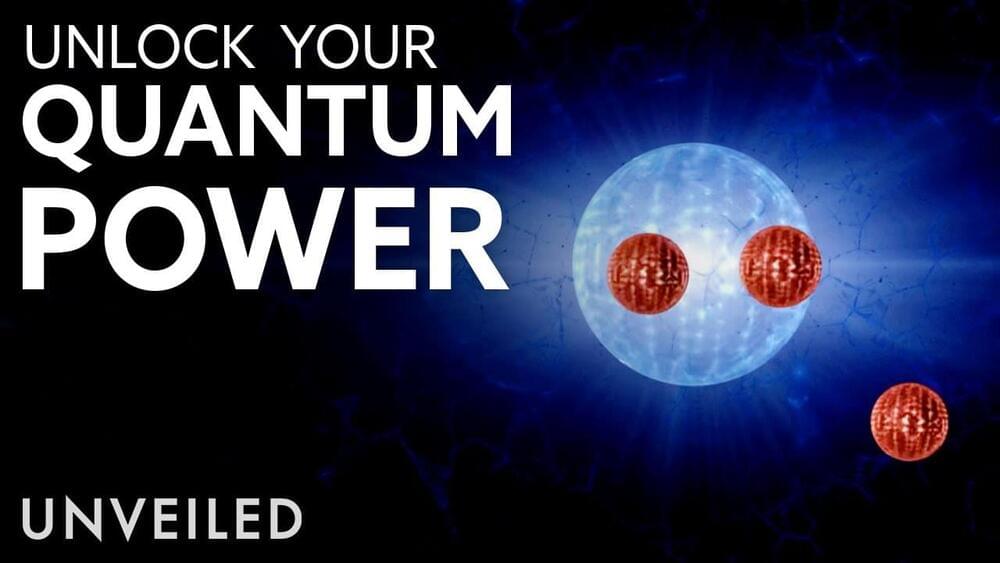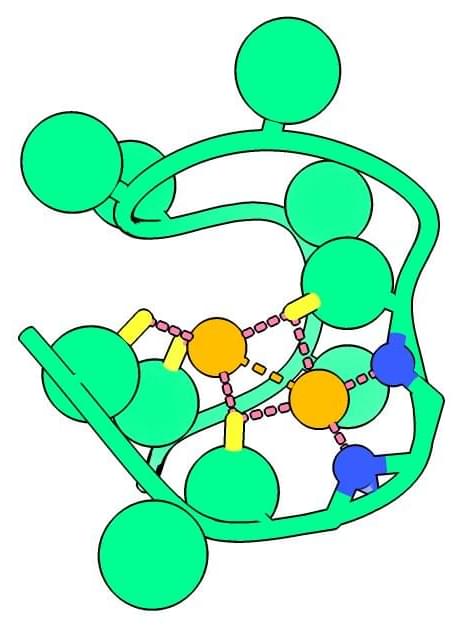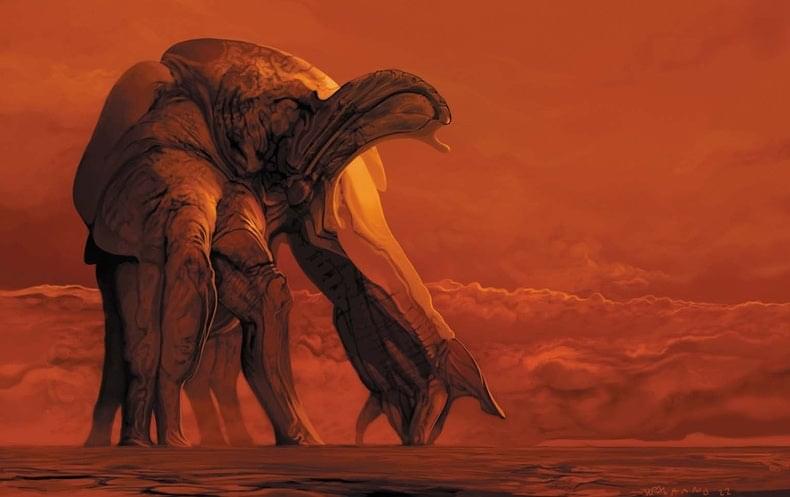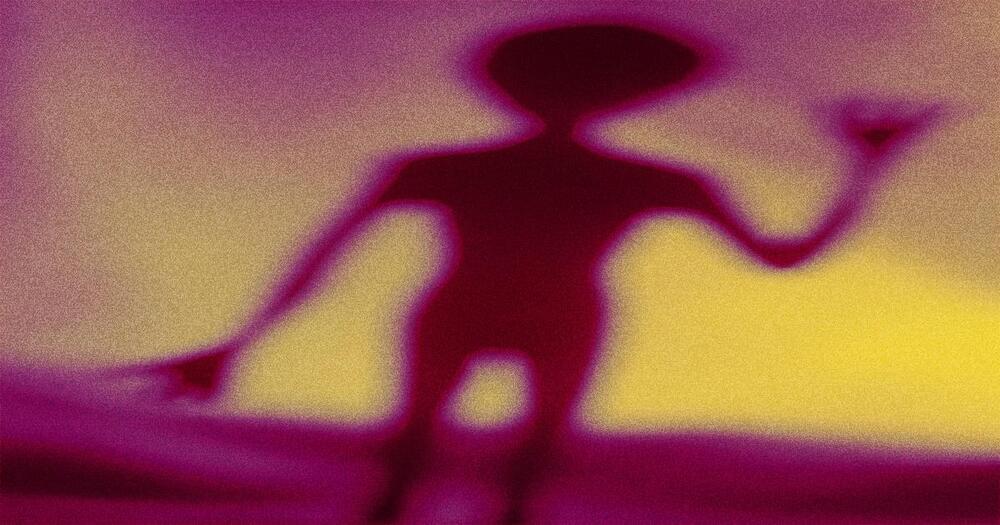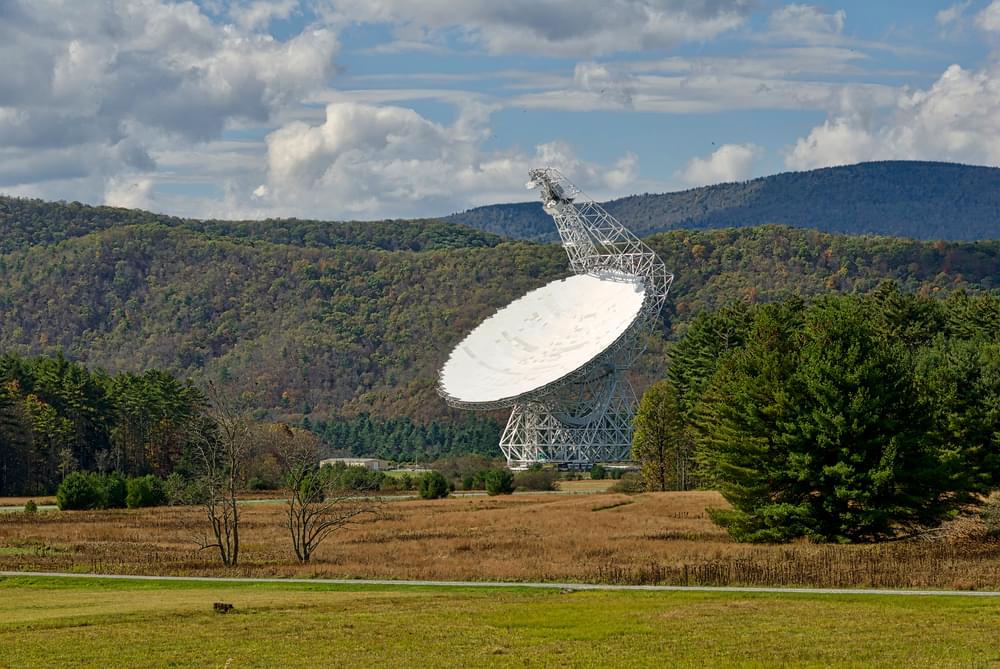
The deeper you get into physics, the simpler it becomes. The starting point of this wonderful book about Stephen Hawking’s ‘biggest legacy’ (which no one outside of physics has heard of) is the problem of our insignificance. Make a change in almost any of the slippery, basic physical properties of the universe and we’re toast – life would not be possible. If, for example, the universe had expanded even slightly more slowly than it did after the Big Bang it would have collapsed in on itself. Result? No us. A fraction faster and no galaxies would form, let alone habitable planets. In the incandescent beginning of the universe, each of these basic physical properties was as vacillating as a dream: they could have ended up being pretty much anything. How did they all, so sweetly, settle on the minuscule range of values that brought about us?
One answer is to say God did it. He deliberately selected our universe (and not one of the overwhelmingly more probable alternatives) to go forth and be fecund. Another suggestion is that all the possible universes that could exist do exist, now, at the same time – trillions and trillions of them, humming about like bees – and we’re just in one of the ones we could be in. This idea is called the multiverse. In a multiverse there’s nothing special about the incredible unlikeliness of being. Leibnitz came up with the proposal first, adding piously that God has placed us in the best universe of all possible universes. People have been making fun of that since Voltaire. Another idea is that new ‘worlds’ are being created endlessly, all equally real. Every time you make a cup of coffee, a multiplicity of alternative worlds splits off in which you made it with more milk, or added honey instead of sugar, or the coffee machine exploded and you didn’t make it at all.
